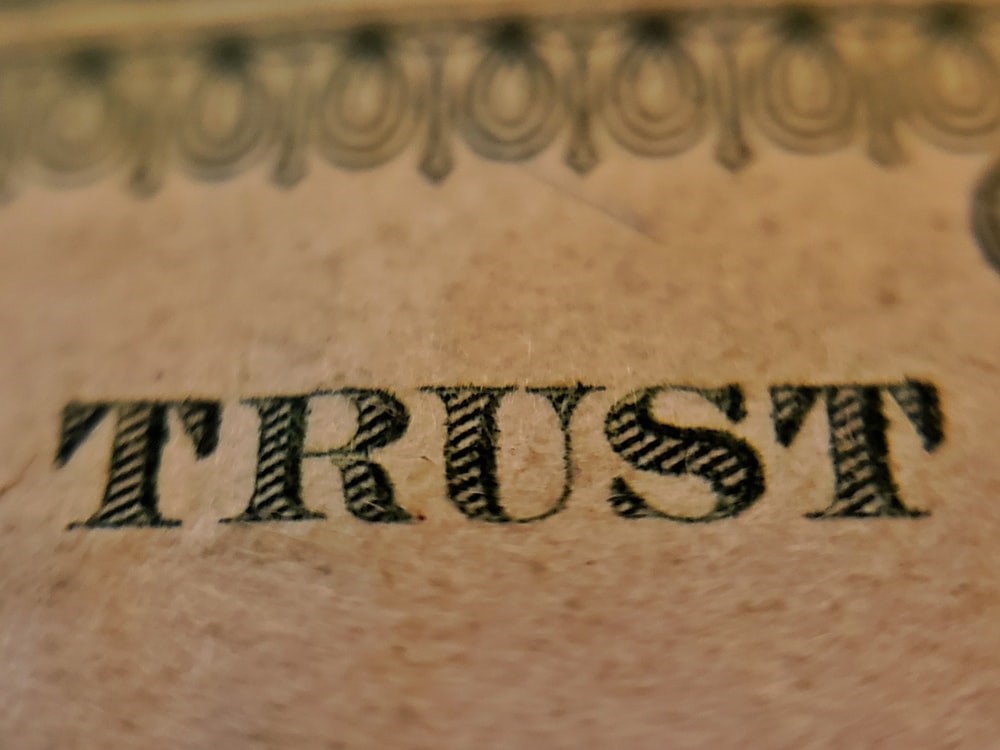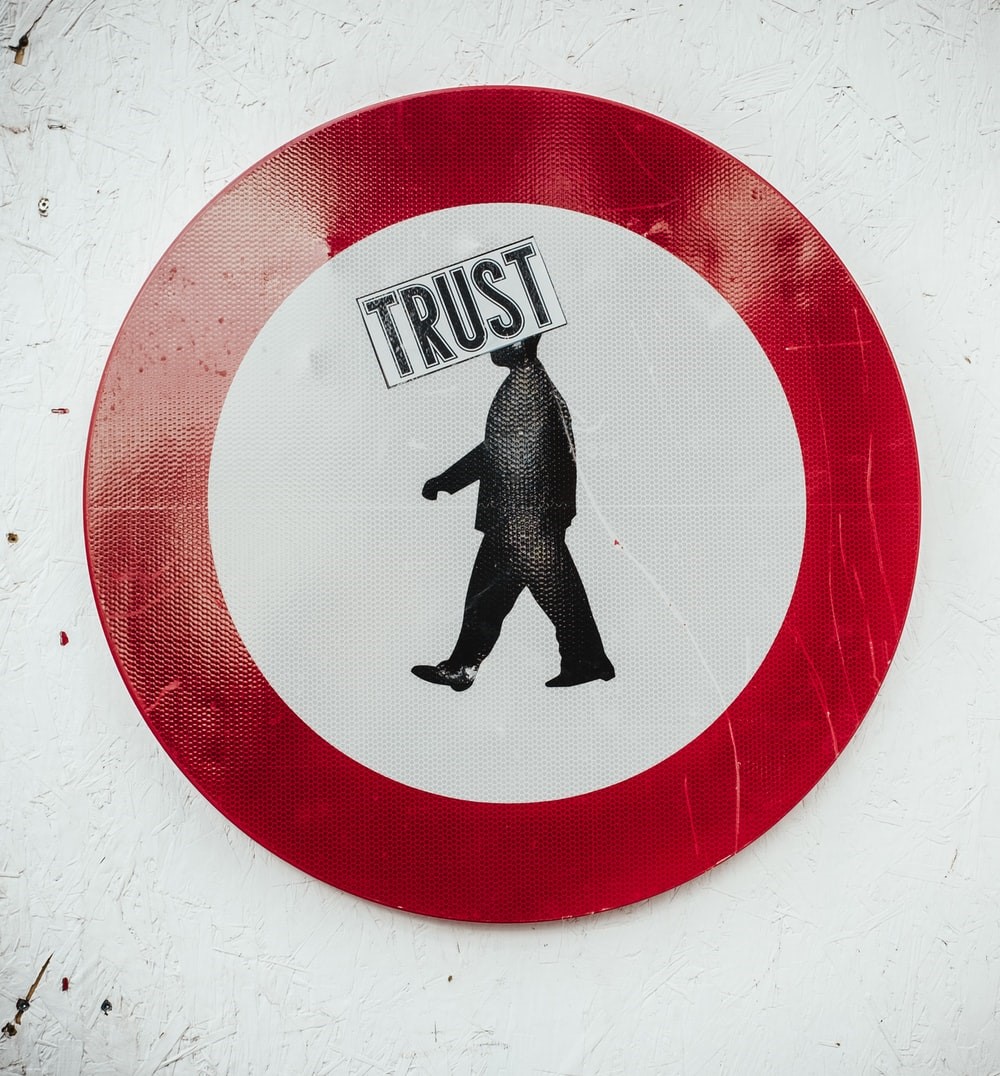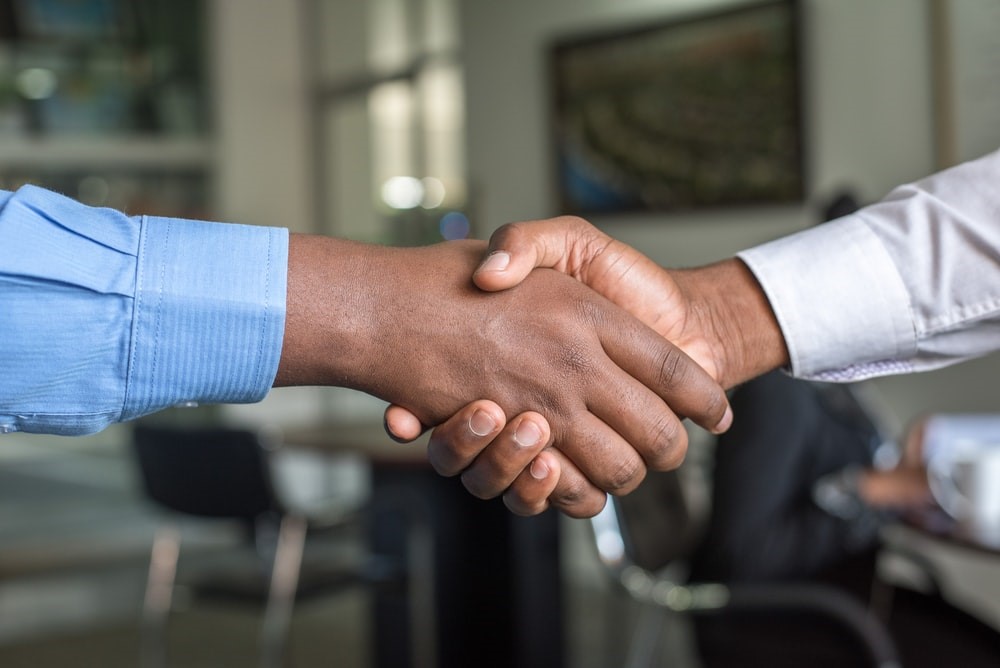Who to Trust
Of all the things that can keep you awake at night, perhaps one of the biggest is your concern about who you can and can’t trust.
How many times have we been burned by someone we swore was good and reliable? We may even have called them, friend. But then they did something that caused us a lot of grief and made us seriously doubt not only our friendship, but whether they had it in for us.
Dealings in business requires a willingness to cooperate with and have faith in others. The burning question is, how much faith and in whom? This isn’t because trustworthiness is completely unpredictable. It’s because the process most of us use to make such predictions is flawed. We place too much of our judgement on reputation and perceived confidence, while ignoring the fact that human behavior is variable and sometimes erratic, based on place and circumstance.
We want to be trusting of others.
We depend on people to work honestly with us and to follow through on what they say they will do. And when they don’t, we are deeply hurt and put off by and to them.
That doesn’t mean that everyone we encounter or deal with is untrustworthy. It just means that we have to be able to differentiate between who we can trust and who we cannot.
I have written about this in my book, “Influences and Influencers”. In it, I wrote the following:
I embodied the thought that, “Ignorance is bliss”. I had no reason not to trust people. Up until that time people had been very direct with me. I knew who liked me and who didn’t and I dealt appropriately with each.
As I became more experienced, I learned a painful lesson. Many people are not upfront and honest with you. That happens for a variety of reasons that include:
- The person believes that he/she is being truthful. They are wrong and just don’t know it.
- The person knows that there is a degree of uncertainty, but is unwilling to share this. There is a fear that by doing so, you may not be agreeable to moving forward. Things need to get done now. If you balk, time will be lost and that is intolerable to them.
- The individual knows it is wrong. Being political, when something adverse happens, that person will be the first to blame you. This type of person is not your friend and will stick it to you to protect them self and to get ahead.
In each of these examples, the outcome is not good for you. You have trusted that the information you are receiving is good and accurate. You have faith that you are dealing with professionals who are upstanding individuals. Your company espouses teamwork and collaboration. So no one would dare cause problems for you, right?
Wrong, wrong, wrong.
The key is to be trusting to a point.
That means that people must earn your trust over time. If you go all in for starters, there is a good chance you will be disappointed by the actions of various individuals. And you really have no one to blame but yourself. They never claimed to be trustworthy and your vetting of them left a lot to be desired.
Another issue with trust is that too many people call other people, “Friend”. Just recently I have had various people want to be my friend. I explained to each that my definition of a friend is, “Someone who stands up for you. When others try to hurt you emotionally or physically, they do everything they can to make sure you stay safe. They don’t care who is trying to harm you; they will defend you anytime, anywhere. If they can help you, they’ll do it without reservation or reward.”
That went right over their heads and they still asked if we could be friends even though we had just met. And it isn’t just them, but is also true of a number of folks I know quite well. Some are true friends and others I would call acquaintances. While they are fun to be around socially, I know I cannot count on them when I need support. That doesn’t make them bad people, just some I cannot rely on when the chips are down.
But when we categorize everyone as a “Friend”, we are not differentiating between who we can and cannot trust. By calling everyone friend, we are cheapening the meaning of what a friend really is.
Even those we have spent much time with may let us down on occasion.
That doesn’t mean that we cannot trust them, it just means that they are human and need reminders or checkups every now and again. That is why the old adage, “Trust but verify” applies.
How often have we relied on a vetted, trustworthy friend to do something only to have them say that they forgot or something else came up that distracted them. While not great, it happens. We are annoyed, but get over it, kind of. The next time we ask for a favor we are cautious about asking them to do it. And so we check on them (Trusting but verifying) to make sure it gets done.
We all need help in our lives.
We cannot possible do everything and know everything on our own. We rely on others for help, instruction and guidance. Otherwise we may do things out of ignorance because we just didn’t know any better.
So we turn to others for help expecting that they will come through. We are also, or should be, careful about who we ask for for help and what we can expect from them. While there are certain people we can rely on, there are those who are friendly but not reliable and some who we shouldn’t trust at all.
Yes, sad to say there are people who do not have our best interests at heart. They are perfectly happy to see us struggle or even to fail. They may say they will provide help, but only if it serves their own interests and not ours. They are not trustworthy and we should treat them as such. We may have to deal with them because of business needs or we share common friends or acquaintances and we interact with them. But our dealings should be arm’s length and we should share no intimate knowledge with them.
So, are you losing sleep over who you can trust? It doesn’t need to be so if you just follow these simple rules:
- Develop trust over time. Do not go all in on anyone at the start. Go slow and develop the relationship slowly, step by step.
- Differentiate friends from acquaintances and know that a real friend is there for you especially when times get tough.
- Trust but verify when you ask for help or a favor. Even friends slip up at times.
- Know who does not have your best interest at heart and is self-serving at best. Do not share anything intimate and of importance with them unless you absolutely have to. And even then be careful what you share.
Do these things and you should have a very restful night knowing that there are people you can trust and who have your back. And do not allow this to be, “What Keeps You Awake at Night”.



Of course, what a splendid site and educative posts, I will bookmark your blog.Best Regards!
Great. Always want more followers.
Glad to be one of the visitors on this awesome site : D.
Glad to have you. Thanks
Saved as a favorite, I really like your blog!
Thank you. Glad you enjoy
I’ll immediately grab your rss feed as I can’t find your e-mail subscription link or newsletter service. Do you have any? Please let me know in order that I could subscribe. Thanks.
Can add you to my subscription if you want. Just let me know
I like the helpful information you supply in your articles. I’ll bookmark your blog and check once more right here frequently. I’m rather sure I’ll learn plenty of new stuff proper right here! Best of luck for the next!
Thanks so much. Glad you enjoy my writings.
I’ve been absent for a while, but now I remember why I used to love this site. Thank you, I will try and check back more often. How frequently you update your site?
Thank you. Welcome back
I’ve been absent for some time, but now I remember why I used to love this blog. Thanks , I’ll try and check back more often. How frequently you update your site?
Thanks for reading. Updated twice monthly.
I am impressed with this web site, real I am a fan.
Thank you
Thanks for sharing. I read many of your blog posts, cool, your blog is very good.
Thank you